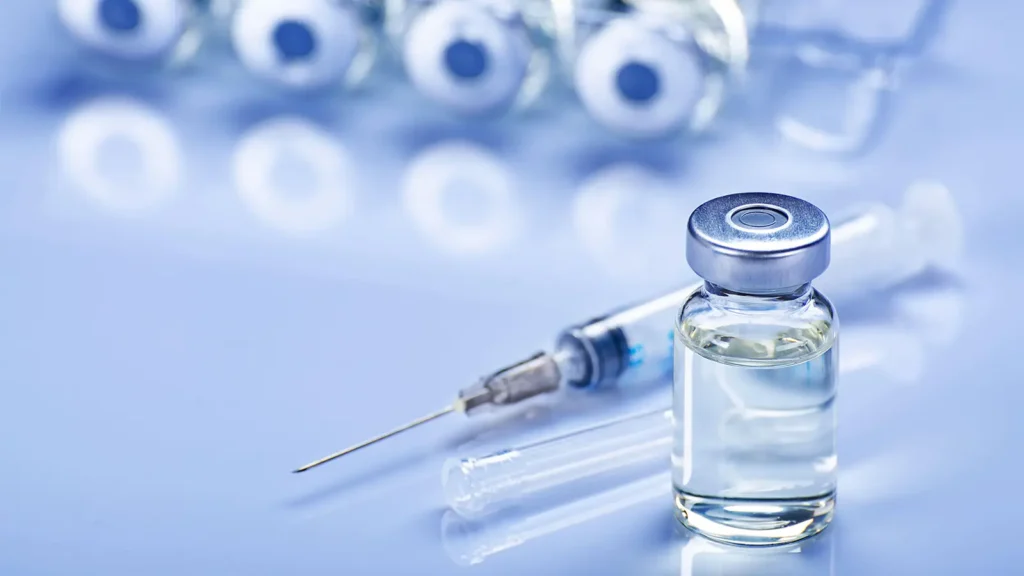
The Top 7 Medical Advances of the Decade
The last decade has been one of the most transformative periods in medical history. With breakthroughs in genetics, technology, immunology, and AI, healthcare has taken giant leaps forward in both treatment and prevention. These innovations are not only extending lives but also improving the quality of life for millions around the world. Here are the top 7 medical advances of the decade that are changing the future of medicine.
1. mRNA Vaccines and COVID-19 Response
Perhaps the most well-known breakthrough of the decade, mRNA vaccine technology revolutionized the global response to the COVID-19 pandemic. Pfizer-BioNTech and Moderna developed vaccines in record time using messenger RNA to instruct cells to create virus-fighting proteins. This approach had been researched for decades but saw its first large-scale application during the pandemic.

Not only did it save millions of lives, but the technology is now being adapted for other infectious diseases like influenza and even cancer vaccines. The success of mRNA has changed the vaccine development landscape forever.
2. CRISPR and Gene Editing
The development of CRISPR-Cas9 gene-editing technology has opened doors once thought impossible. This molecular tool allows scientists to “cut and paste” sections of DNA with precision, enabling them to correct genetic defects at their source.
In 2020, CRISPR was used to treat patients with sickle cell disease and beta-thalassemia, showing life-changing results. Ongoing trials aim to treat genetic blindness, cancer, and other inherited diseases. Gene editing is ushering in a new era of personalized and precision medicine.
3. Artificial Intelligence in Diagnostics
AI has become a powerful tool in diagnosing diseases earlier and more accurately. From reading medical imaging scans to predicting patient outcomes, machine learning algorithms now assist doctors in ways that weren’t possible a decade ago.
AI has been especially impactful in radiology, dermatology, and pathology, where it can detect subtle patterns that humans might miss. Tools like Google’s DeepMind have even surpassed human experts in diagnosing eye disease and breast cancer from scans.
4. Telemedicine and Digital Health Platforms
While telemedicine existed before 2020, the pandemic accelerated its adoption at an unprecedented rate. Now, virtual care is a routine part of healthcare delivery. Patients can consult with doctors, manage chronic conditions, and access mental health care — all from the comfort of home.
Digital platforms and remote monitoring devices have empowered patients to take control of their health, improving outcomes and reducing the strain on healthcare systems. The hybrid model of in-person and virtual care is likely here to stay.
5. CAR-T Cell Therapy
One of the most promising advances in cancer treatment is CAR-T cell therapy, a form of immunotherapy where a patient’s T-cells are genetically modified to target and kill cancer cells.
Approved for certain types of leukemia and lymphoma, CAR-T therapies have shown dramatic results in patients who had exhausted all other treatment options. Ongoing research is now exploring CAR-T’s potential in treating solid tumors and autoimmune diseases, making it one of the most exciting fields in oncology.
6. Wearable Health Tech
The rise of wearable health devices has empowered individuals to track their own health metrics like heart rate, sleep quality, blood oxygen, and even ECGs. Devices such as Apple Watch, Fitbit, and others have gone from simple fitness trackers to FDA-cleared health monitors.
These tools not only help detect early signs of illness (like atrial fibrillation) but also aid in chronic disease management. Wearables are transforming preventative care by providing real-time health insights directly to the user.
7. Microbiome Research and Gut Health
The past decade has seen an explosion in research around the gut microbiome — the trillions of bacteria living in our digestive system that play a crucial role in overall health.

Scientists have linked gut health to conditions such as obesity, depression, autoimmune diseases, and even cancer. Probiotics, dietary interventions, and even fecal microbiota transplants (FMTs) are emerging as ways to influence the microbiome and treat disease. As our understanding of this complex ecosystem grows, microbiome medicine could redefine preventative health.
Conclusion
From genetic breakthroughs to digital healthcare solutions, the past decade has reshaped what’s possible in medicine. These seven advances are not just incremental improvements — they represent paradigm shifts in how we prevent, diagnose, and treat illness.
As we move into a new era of healthcare, the intersection of biology, technology, and data science will continue to drive innovation. The future of medicine is not only more personalized and precise, but also more accessible and patient-centered than ever before.








